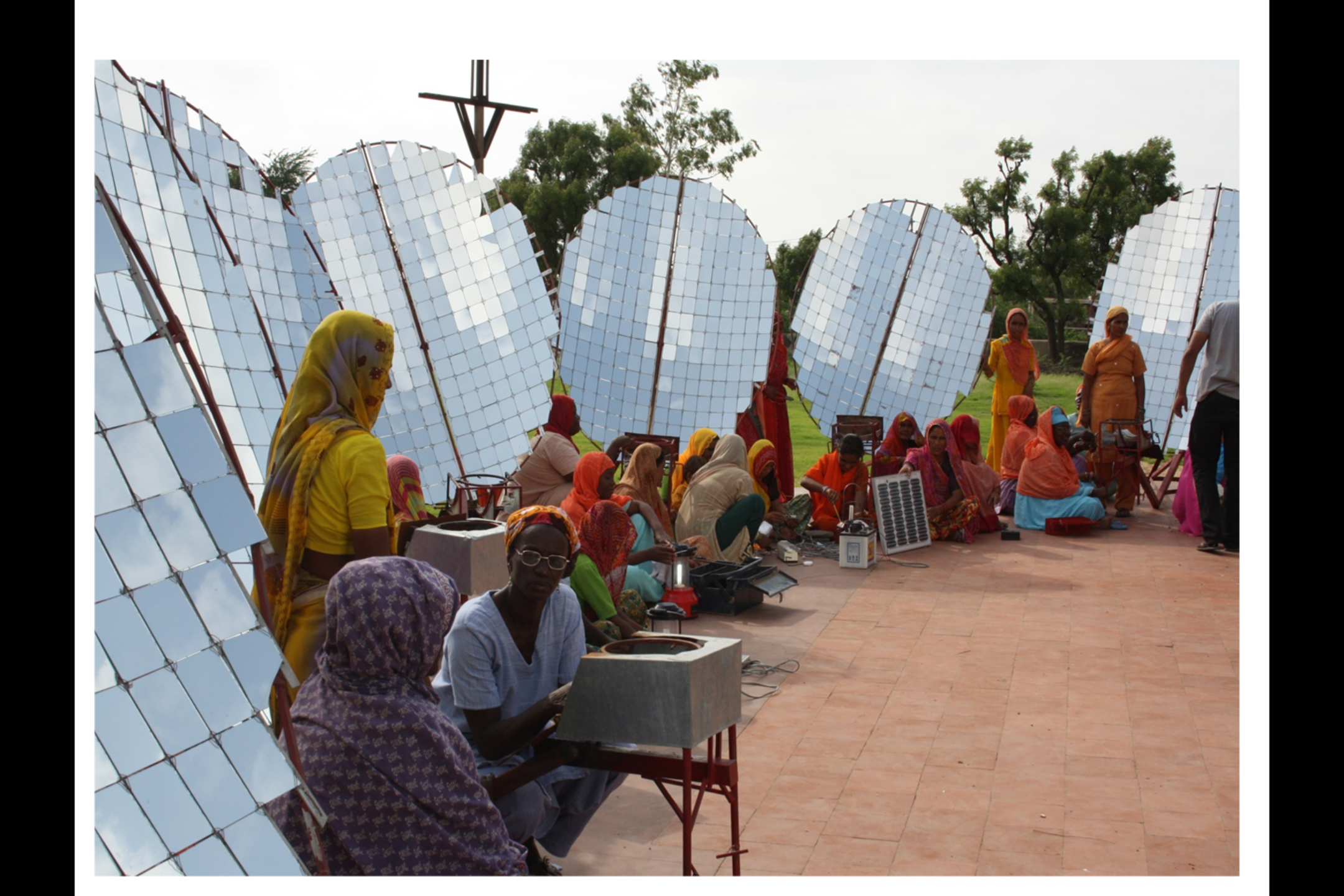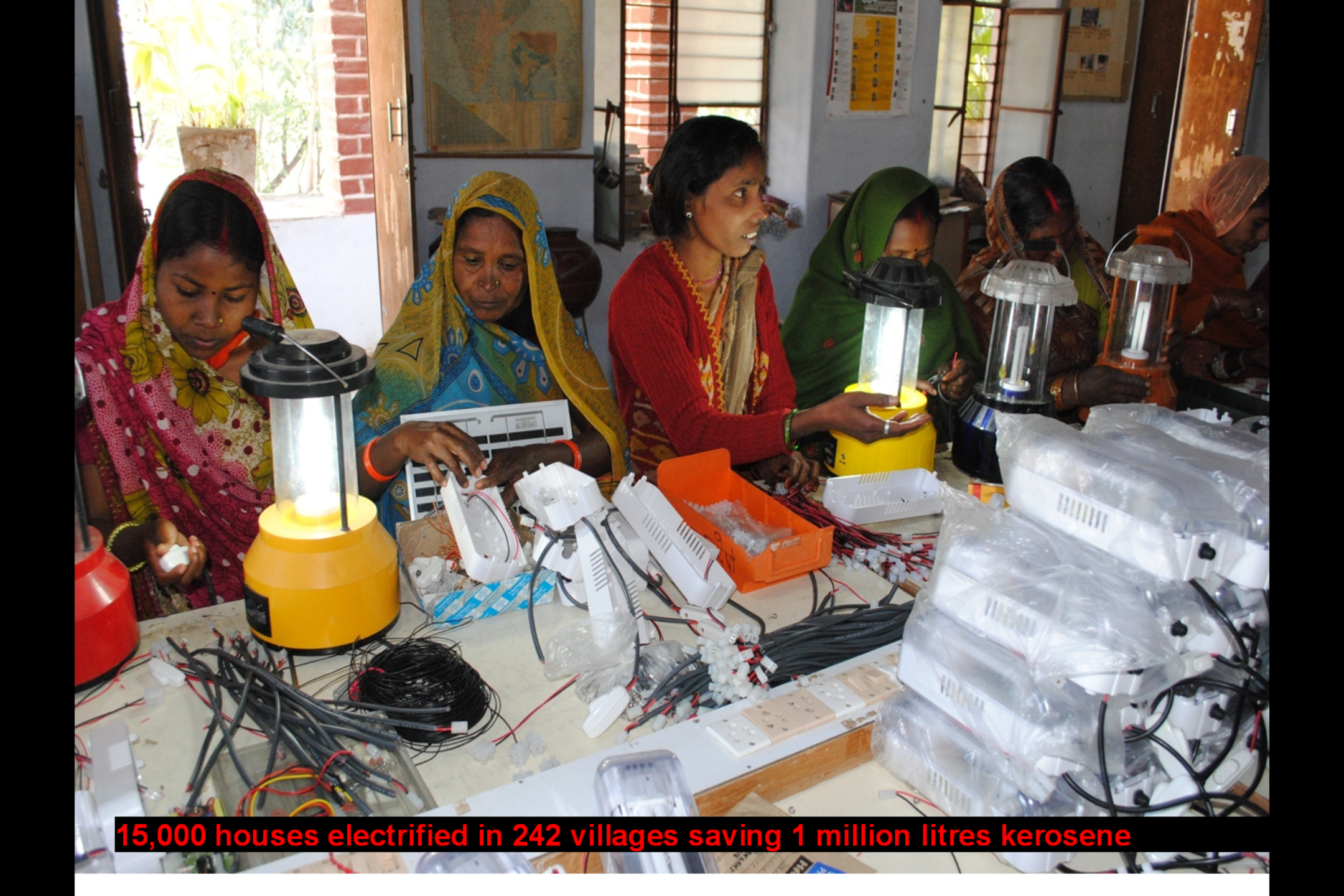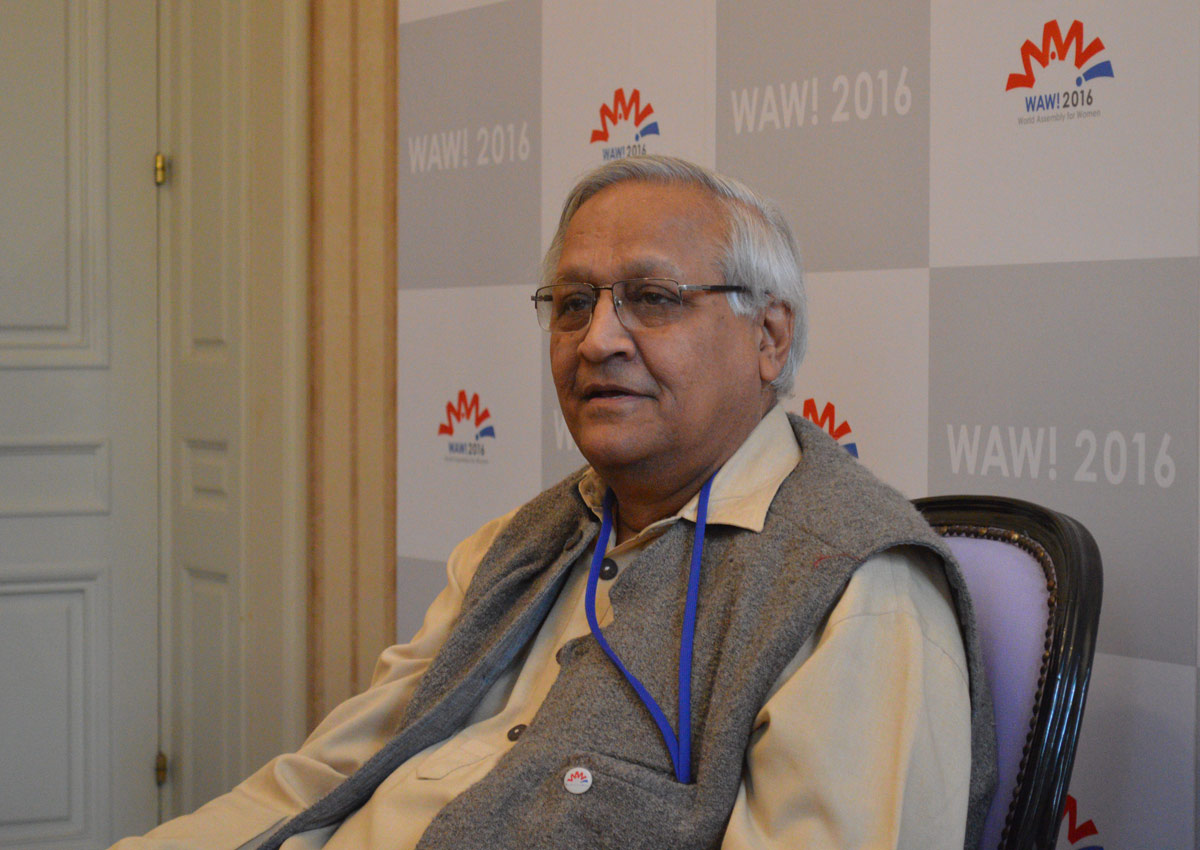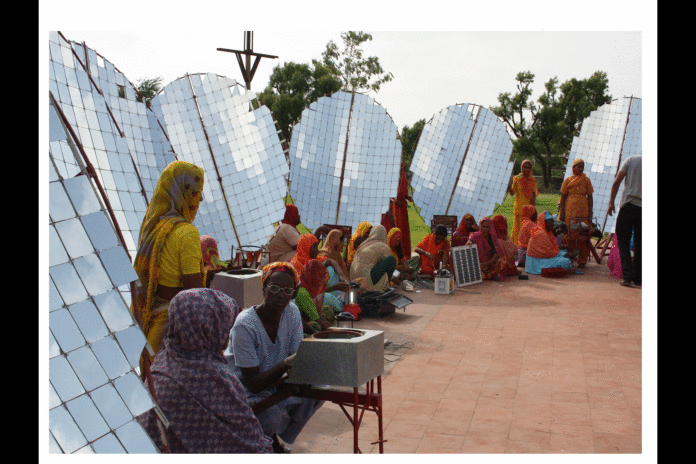TOKYO – They’re illiterate, uneducated and live at least 10km from a power grid.
Meet the ‘solar mamas’, an affectionate term Barefoot College founder Mr Sanjit “Bunker” Roy uses to describe the numerous women that have benefited from his programme.
For 40 years, with the collaboration of non-government organisations, Mr Roy has been quietly packing women onto planes to Rajasthan, India, where they stay for six months to learn how to harness solar power into sustainable energy that fuels their villages back home.
These women – mostly grandmas between the age of 35 and 55 – return to their villages as solar engineers without formal education or a degree. Supplies to maintain and repair the equipment are then shipped over to them from India.
By empowering women this way, Mr Roy is challenging patriarchy that is prevelant in most villages. Not just their social status changes, even their husbands learn to be more respectful. According to Mr Roy, these women return “as tigers”.
“When they go it’s like a funeral, when they come back, it’s like a resurrection.
“I can assure you that the husbands are absolutely petrified when they come back. They can’t recognise their wives because he doesn’t have a clue that this woman can become a solar engineer in six months,” remarked the social activist.

While sceptics may dismiss them as mere technicians, to the 71-year-old founder, these women are no less more well-equipped than an engineer with a certificate.
“They know more about solar energy than any graduate after five years of university. Why? Because they’re practical.
“Only practise, practise, practise, no theory. And they also have to be grandmothers,” said Mr Roy, who was speaking at the sidelines of the World Assembly for Women 2016 in Tokyo on Wednesday, where he was the only male participant at one of the round-table dicussions.
When training these solar mamas, no written or spoken word is used because they speak only dialect. So sign language, iPad with pictures, and even puppets are used as tools to teach them. In return, they also teach other women who arrive from other parts of the world.
To Mr Roy – who was selected as one of Time’s 100 most influential people in the world in 2010 – the transfer of knowledge among the women is the core essence of what Barefoot College is: Built by the poor, for the poor.
By placing knowledge and tools into the hands of the rural poor in 77 countries – many of whom are in Southeast Asia – Mr Roy follows a bottom-up Gandhian model, where capacities are developed from below in order to bring about sustainable change.
His focus is on women only and the only requirement they need is guts, said Mr Roy. But what about the men?
“Men are untrainable. Men are restless, ambitious, compulsively mobile, and they all want a certificate.
“The moment you give a man a certificate, he will leave the village looking for a job in the city. So why train men at all?”, said Mr Roy candidly.
Women, on the other hand, never leave the village and in turn, the technology will not be lost to the community.
“Men will not train other men because he is afraid he will lose his job. But if you train a woman, she loves training other women and wants to share her knowledge with others,” he said.

From an ‘elitist’ education to digging wells for the poor
About 800 women have been trained at Barefoot College to date. But these women may not have benefited from the movement if Mr Roy had not decided to turn his back on what he calls “an elitist, snobbish, expensive education that almost destroyed me”.
His life was all laid out. He was an international squash champion and all set to be a diplomat, teacher or doctor.
Out of curiosity, Mr Roy wanted to see how a village was like and in 1965, he went to the worst famine in India where he saw famine and death, which changed his life.
So he dug wells for five years in the villages and eventually started a college for the poor in 1972. Today, the Barefoot College is the only college in India that does not have degree-holders or PhDs.
“I felt it was important for me to give back to my country. Especially the part of my country I didn’t know at all, which is the rural parts.
“We are trying to prove a point that any woman can pick up the most sophisticated technology. Illiteracy should never be a barrier to people,” said Mr Roy.
klim@sph.com.sg
AsiaOne editor Karen Lim attended the WAW! 2016 conference held on Dec 13 and 14 in Tokyo as the Singapore representative under invitation by Japan’s Ministry of Foreign Affairs.






